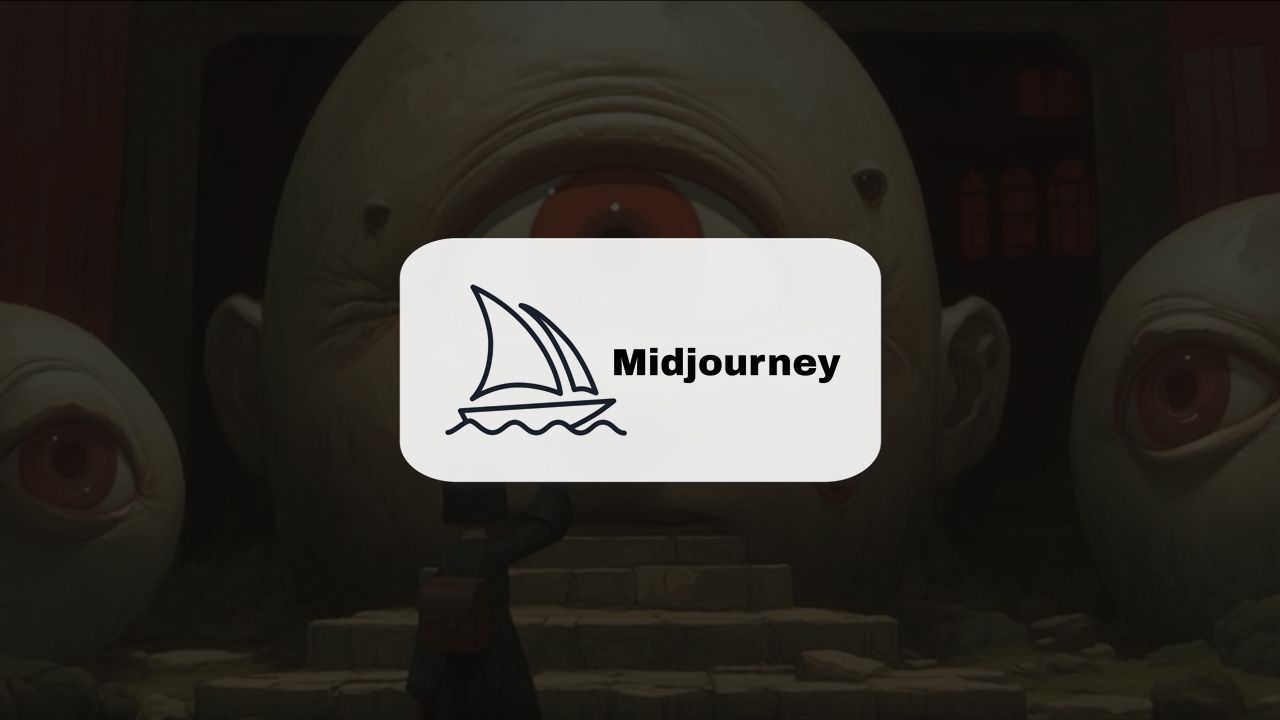Midjourney rolls out V1, its AI video model

Midjourney, the AI startup known for its image generation tools, has launched its first AI video generation model, called V1.
With V1, users can upload an image or use one generated by Midjourney, and the model will create four five-second videos based on it. Like Midjourney’s image tools, V1 is currently only available on Discord and, for now, only works through the web.
This move puts the platform in direct competition with other players in the AI video space, including OpenAI’s Sora, Runway’s Gen-4, Adobe Firefly, and Google’s Veo 3.
In a blog post, CEO David Holz said this video tool is just the beginning. The long-term goal is to build AI that can power real-time, open-world simulations. Following V1, the platform also plans to develop tools for 3D rendering and real-time AI experiences.
V1 videos are currently eight times more expensive to generate than images, meaning users will use up their subscription credits more quickly when creating videos. The most affordable option to try V1 is through Midjourney’s $10/month Basic plan. Higher-tier plans, like Pro ($60/month) and Mega ($120/month), allow unlimited video generations in a slower "Relax" mode. The platform says it will review and adjust its pricing model over the next month.
V1 includes features that let users control how the video moves. There are two main options:
- Automatic animation, where the model chooses how to move the image.
- Manual animation, where users type in what they want to happen.
Users can also adjust how much motion appears in the video with "low motion" and "high motion" settings. While each video starts at 5 seconds, users can extend it by 4 seconds up to four times, creating a maximum length of 21 seconds.
Just like Midjourney’s image outputs, V1 videos have a dream-like, artistic feel rather than aiming for realistic visuals. Early reactions to V1 have been mostly positive, though it's still early to say how it compares to more established video AI models.
The launch comes a week after Disney and Universal Studios filed a lawsuit against Midjourney. They claim the company’s AI-generated images resemble copyrighted characters like Homer Simpson and Darth Vader, raising ongoing concerns about how AI tools are trained and used. Many in the media and entertainment industry worry that these tools could replace creative jobs or misuse copyrighted content.
News